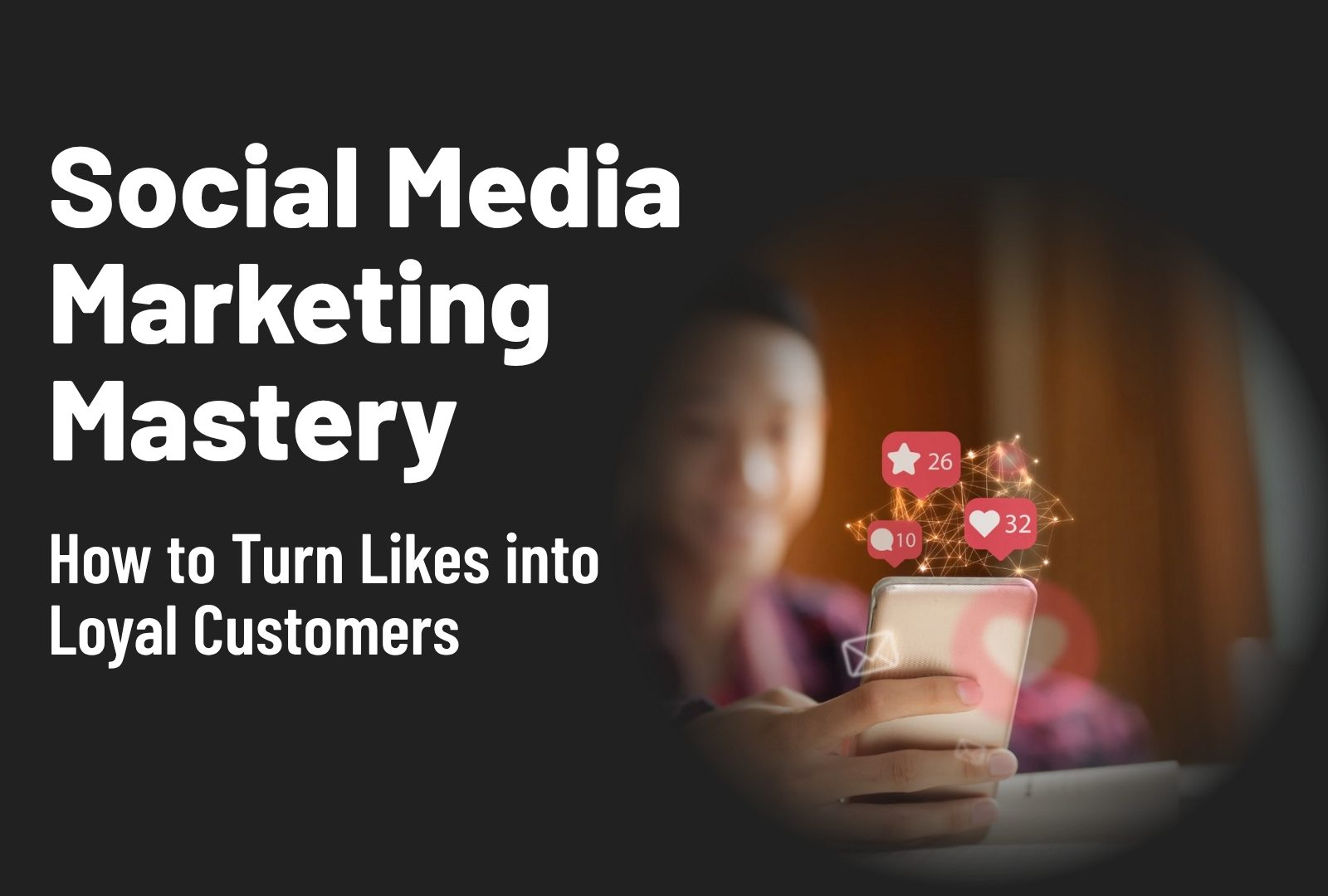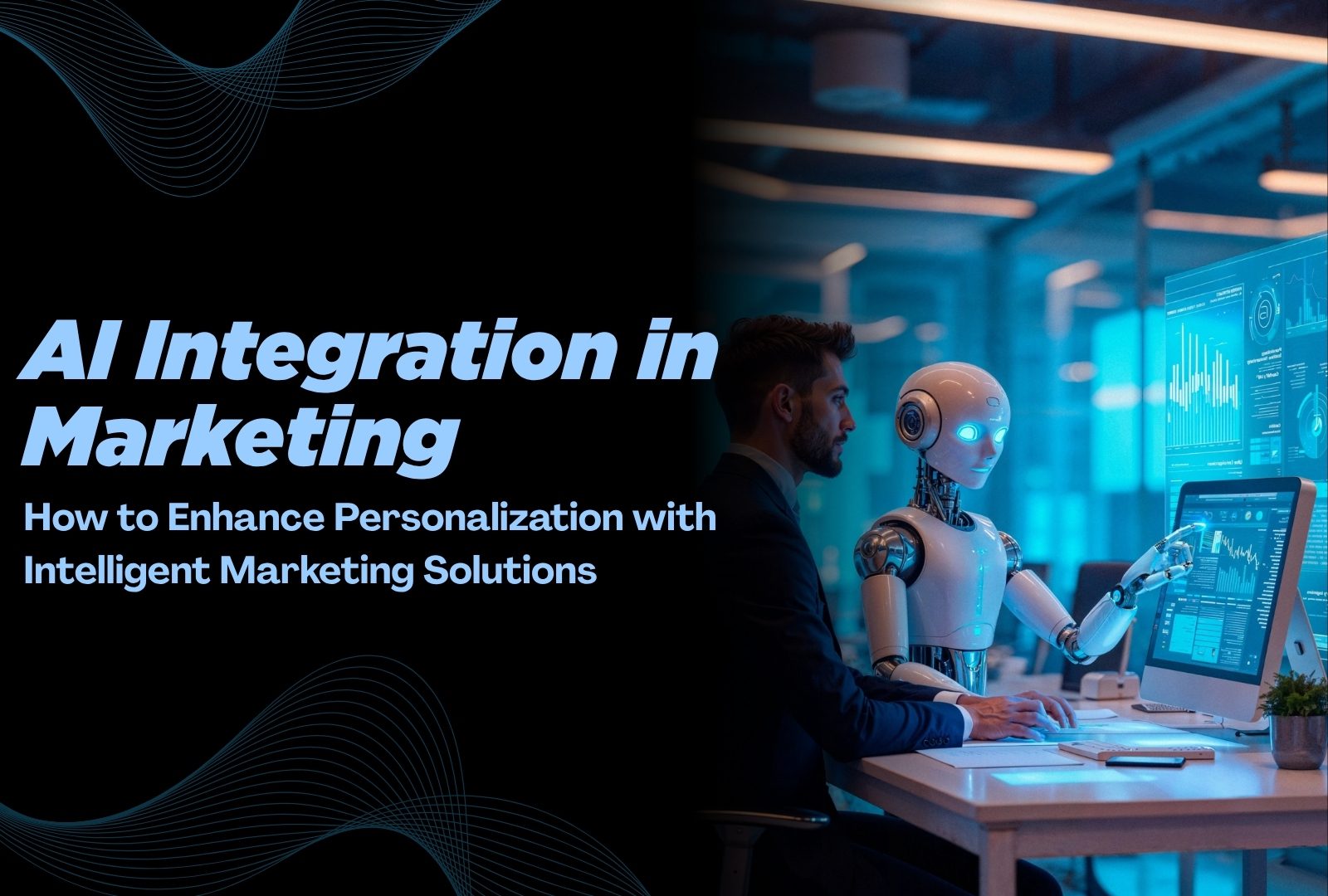The marketing landscape is ever-evolving. As we step into March 2025, new trends are shaping the industry. Leading the way are machine learning and artificial intelligence. They’re revolutionizing decision-making in marketing. Data privacy and ethical marketing are gaining prominence. They’re crucial in building consumer trust in this digital age. Voice search optimization is becoming a key SEO strategy. It’s changing the way consumers interact with brands online. Immersive experiences are on the rise, thanks to VR and AR technologies. They’re creating engaging and interactive marketing campaigns.
As we continue to explore these trends, stay tuned. We’ll explore how they’re shaping the future of marketing and how you can leverage them for your brand.
The Evolving Marketing Landscape in 2025 Trends
The marketing realm of 2025 is dynamic and transformative. Fresh trends are emerging, reshaping traditional practices into more sophisticated strategies.
Digital marketing continues to dominate, driving innovation across the board. New technologies are creating opportunities for more precise targeting and engagement.
Consumer expectations are at an all-time high. Brands must deliver personalized experiences to meet these demands effectively.
Sustainability is more than a trend. It is now an essential part of brand identity. Companies are increasingly incorporating eco-friendly practices into their marketing strategies.
Cross-channel integrations are becoming seamless. This ensures that consumers enjoy a unified experience, whether online or offline, leading to enhanced brand loyalty.
Artificial Intelligence: The New Marketing Frontier
Artificial intelligence (AI) is revolutionizing marketing strategies. It offers unprecedented insights and automation for marketers.
AI algorithms analyze vast datasets to predict consumer behavior. This leads to smarter and more targeted campaigns.
Machine learning personalizes customer interactions. It tailors content and recommendations to individual preferences, enhancing user engagement significantly.
AI-driven chatbots are now essential for customer service. They provide instant responses, improving the customer experience and freeing human resources for complex issues.
The efficiency AI brings to marketing cannot be overstated. It’s fast becoming a staple in the toolkits of forward-thinking marketers worldwide.
Data Privacy and Ethical Marketing
Data privacy is now at the forefront of marketing discussions. With increased digital interactions, consumer data security is paramount.
Ethical marketing builds trust. Brands prioritize transparency and honesty in how they handle and communicate consumer data.
New regulations enforce stricter compliance with data privacy laws. Companies are adapting to protect consumer information and avoid potential penalties.
Ethical marketing isn’t just about compliance. It’s about creating genuine connections with consumers through responsible practices.
Consumers are more likely to engage with brands they trust. Prioritizing data privacy and ethics is key to maintaining that trust in the long run.
Voice Search Optimization and SEO Evolution
Voice search is reshaping search engine optimization (SEO). As smart speakers and voice assistants gain popularity, brands adapt their strategies.
Keywords are evolving into natural language phrases. This trend reflects how people communicate and search verbally.
To optimize for voice search, content must be concise and direct. Structured data helps in delivering accurate responses to voice queries.
Local SEO is benefiting from voice search trends. Consumers often use voice search for local information, making it crucial for businesses to optimize locally.
SEO is no longer limited to text-based content. It has expanded to include voice, demanding brands to innovate continuously to stay relevant in search rankings.
Immersive Experiences: VR, AR, and Real-Time Engagement
Immersive technologies are revolutionizing the customer experience. Virtual reality (VR) and augmented reality (AR) create engaging, interactive brand encounters. These tools allow consumers to experience products in dynamic settings.
Brands use VR and AR to build deeper emotional connections with audiences. This fosters memorable experiences that resonate beyond traditional marketing methods. Real-time engagement further enhances these immersive experiences, creating a sense of immediacy and relevance.
Interactive platforms leverage these technologies to keep audiences captivated. Whether through virtual store tours or AR-enhanced advertisements, the potential is vast. Such innovations are transforming how consumers perceive and interact with brands.
The demand for immersive experiences signals a shift toward engagement-centric strategies. As these technologies evolve, they will become integral to marketing campaigns, providing brands with unique ways to stand out. The immersive experience is more than just a trend; it’s the future of consumer interaction.
The 5G Revolution and Personalized Marketing
5G technology is amplifying personalization in marketing. With its high-speed capabilities, real-time data processing becomes seamless.
Marketers can analyze consumer behavior quickly. This enables dynamic personalization of content and offers tailored to individual needs.
Enhanced connectivity allows for interactive, rich media experiences. As 5G becomes ubiquitous, marketers can deliver even more precise and relevant marketing strategies.
Sustainability and Brand Messaging
Sustainability is a pivotal theme in 2025’s brand messaging. Consumers prefer brands that reflect environmental responsibility.
Eco-friendly practices are becoming marketing necessities. Brands are incorporating green initiatives into their core messaging.
Transparent communication about sustainability efforts fosters trust. It’s crucial in building long-term customer relationships and brand loyalty. Sustainability is no longer optional; it’s integral to brand identity.
Content is Still King: Video Dominance and Storytelling
Video content remains at the forefront of digital marketing strategies. In 2025, its dominance is undeniable, engaging audiences in compelling ways. Short-form videos, in particular, are gaining traction, captivating viewers with their succinct messaging.
Storytelling through video allows brands to connect emotionally with consumers. This fosters a sense of authenticity and relatability that resonates across demographics. Consumers prefer narratives over mere promotional content, emphasizing the importance of storytelling.
As technology advances, the quality and accessibility of video production have improved. This enables brands to create high-caliber content that holds attention. Interactive videos, live streaming, and personalized content are among the trends reshaping video marketing.
Overall, video content demands creativity and adaptability. Marketers who leverage these storytelling techniques stand out in crowded digital spaces. The power of storytelling in video format cannot be overstated in shaping brand perception and consumer engagement.
Influencer Marketing: Expanding Horizons
Influencer marketing continues to evolve, adapting to new platforms and niches. Social media influencers have become key players in digital marketing landscapes. Brands are forging authentic partnerships to access influencer audiences.
New platforms are emerging, expanding the reach and impact of influencer campaigns. This evolution diversifies the channels through which brands can connect with consumers. As this trend grows, authenticity remains crucial for influencer partnerships to succeed.
Influencer marketing will continue to reshape brand strategies. By expanding into varied niches and platforms, it adapts to changing consumer preferences. This ensures it remains a potent tool in the marketing arsenal.
Omnichannel Experience and Customer Loyalty
Providing a seamless omnichannel experience has become essential for brands. Consumers expect cohesive interactions across all touchpoints, both online and offline. This approach helps in nurturing customer loyalty by enhancing user experience.
Consistency in communication and branding across channels fosters trust. It’s critical to maintaining strong relationships with customers in today’s competitive markets. Such an approach ensures that every customer interaction is meaningful and efficient.
An effective omnichannel strategy can differentiate a brand from its competitors. It aligns marketing strategies with consumer expectations, leading to improved satisfaction. Brand loyalty grows stronger when customers feel recognized and valued across every platform.
Technological Innovations Shaping Future Marketing
Technology is a cornerstone of modern marketing strategies. In 2025, innovations continue to transform how brands engage with consumers. Marketers leverage cutting-edge tools to improve efficiency and impact.
Artificial intelligence and machine learning enhance marketing analytics. This allows for better audience segmentation and campaign targeting. Predictive models can anticipate trends, enabling proactive strategies.
Internet of Things (IoT) devices create interconnected customer experiences. This tech integration provides real-time data insights, refining marketing tactics. Brands gain a competitive edge by understanding consumer behaviors and preferences.
Furthermore, virtual and augmented reality reshape customer interactions. These technologies offer immersive experiences that capture attention. As tech evolves, marketers adapt to harness its full potential.
Blockchain, Chatbots, and Conversational AI
Blockchain technology promises transparency in marketing transactions. It offers security and trust, crucial for data-driven strategies. This innovation enhances consumer confidence in digital spaces.
Chatbots revolutionize customer service, providing instant assistance. They handle inquiries efficiently, improving user experience. Conversational AI drives more personalized interactions, understanding context and intent.
As AI technologies advance, they enhance engagement and foster brand loyalty. Businesses utilizing these tools create smoother customer journeys. This results in a more satisfying consumer experience.
Hyper-Personalization and Predictive Analytics
Hyper-personalization tailors marketing efforts to individual consumer needs. It leverages data to offer bespoke content and offers. This approach boosts engagement by speaking directly to consumer interests.
Predictive analytics further refines marketing strategies. By anticipating consumer behavior, businesses can preemptively address needs. These insights inform dynamic adjustments to campaigns in real time.
Such advanced analytics transform marketing from reactive to proactive. It creates a strategic advantage, positioning brands ahead of competitors. Embracing these tools is essential for sustained marketing success.
Conclusion: Staying Ahead in the Marketing Game
The marketing landscape in 2025 is a blend of innovation and adaptation. As trends evolve, agility becomes crucial for success. Businesses need to integrate new strategies swiftly.
Staying informed of marketing trends 2025 is pivotal. Marketers must harness digital marketing tools and insights. This ensures they remain competitive in a fast-paced industry.
Ultimately, the focus should be on customer-centric strategies. By prioritizing customer experience and leveraging technology, brands can foster loyalty. Embracing change is the key to thriving in future marketing.






